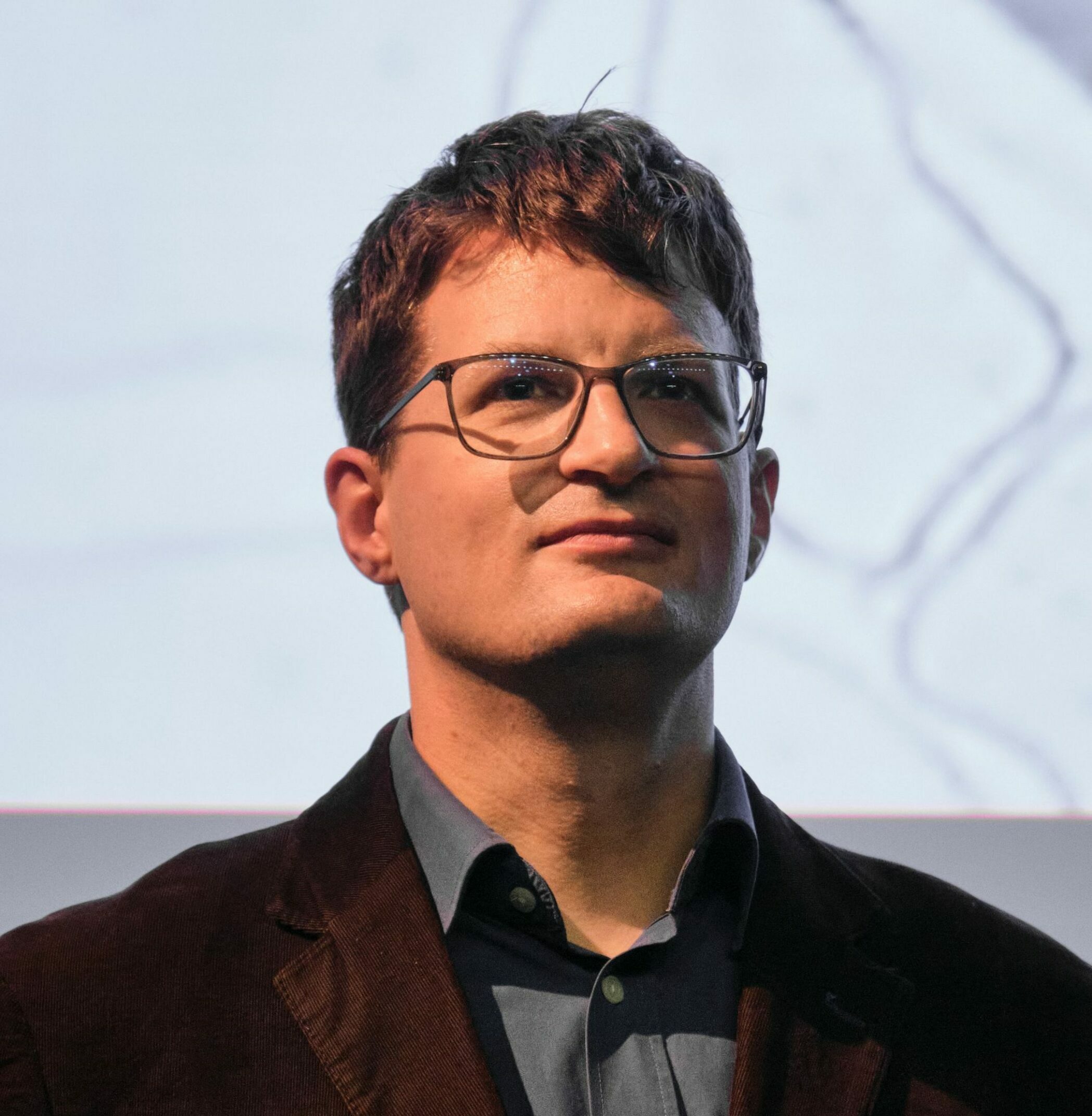
Joachim Schätz is a lecturer at the tfm | Department for Theater, Film and Media Studies at the University of Vienna and an associated senior researcher at the Ludwig Boltzmann Institute for Digital History (LBIDH). He has been a member of the international research network BTWH (Berkeley/Tübingen/Vienna/Harvard) since 2009.
Joachim Schätz studied film and media studies in Vienna and Amsterdam. He was a film critic for the Viennese city newspaper Falter (2006-2013) and a researcher in the DOC-team project “Sponsored Films and the Culture of Modernization” (2010-2013, OEAW Austrian Academy of Sciences). This was followed by positions at the University of Vienna as Senior Scientist at the tfm | Institute for Theatre, Film and Media Studies (where he also held regular teaching positions) and as administrative assistant of the interfaculty research platform “Mobile Cultures and Societies”.
At the Ludwig Boltzmann Institute for History and Society (LBIGG), which was renamed into Ludwig Boltzmann Institute for Digital History (LBIDH) in March 2019, Joachim Schätz was a researcher in the project “Exploring the interwar world: The travelogues of Colin Ross (1885-1945)” (2015-2017, FWF Austrian Science Fund) and from July 2017 to February 2019, he was the institute’s research coordinator. He was involved in the “Red Vienna Sourcebook” (2017-2020, City of Vienna MA 7, chapter editor) and accompanied the project “Visual History of the Holocaust: Rethinking Curation in the Digital Age” (2019-2023, EU Horizon 2020) from its conception in 2017-2018 to its launch phase in 2019. He served as a consultant for this project until its end. Joachim Schätz led the project “Educational Film Practice in Austria” (2019–2023, FWF), and served as university assistant at the tfm | Department for Theater, Film and Media Studies from 2019 to 2024.
His research as well as publication, lecture, and teaching activities focus on mass culture and political theory, useful and documentary cinema, concepts of detail, and poetics/politics of comedy.